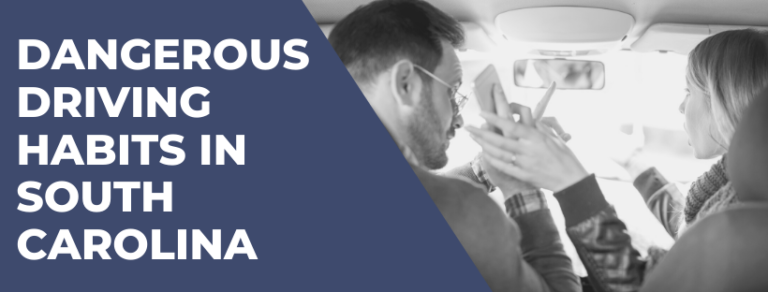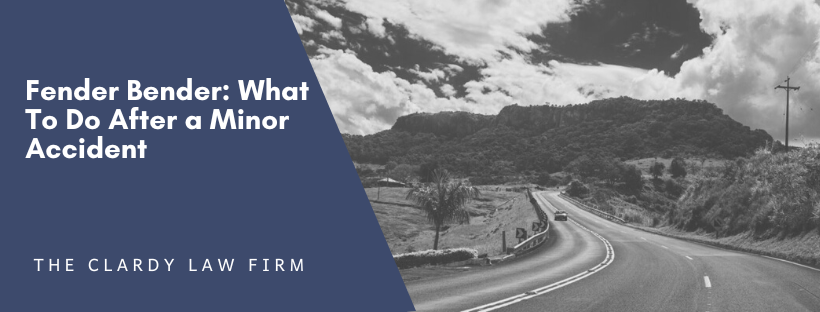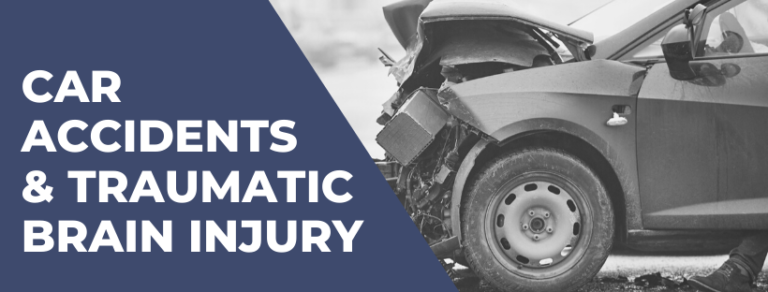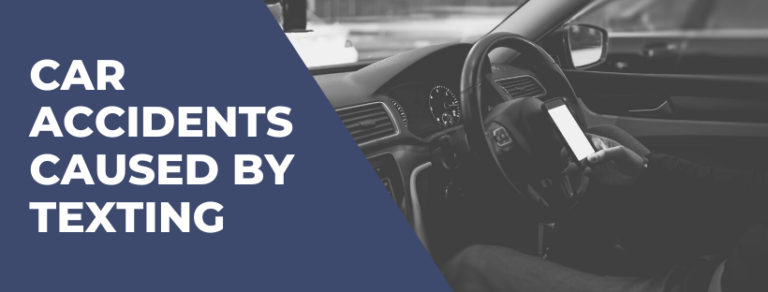Whether you get backed into a parking lot or bumped at a stop light because another driver isn’t paying attention, fender-bender accidents are a common occurrence. Fortunately, many victims of these minor accidents aren’t injured and get away with only cosmetic damage to their beloved vehicles.
But what should you do if you’re in a fender bender? Are you obligated to report minor accidents? This blog post explains fender bender laws and what to do if you’re in a fender bender or other minor car accident.

Dangerous Driving Habits In South Carolina
Motor vehicle accidents involving injuries or death are sadly fairly common occurrences across the United States, and these incidents seem random and unrelated. However, certain types of accidents are more




